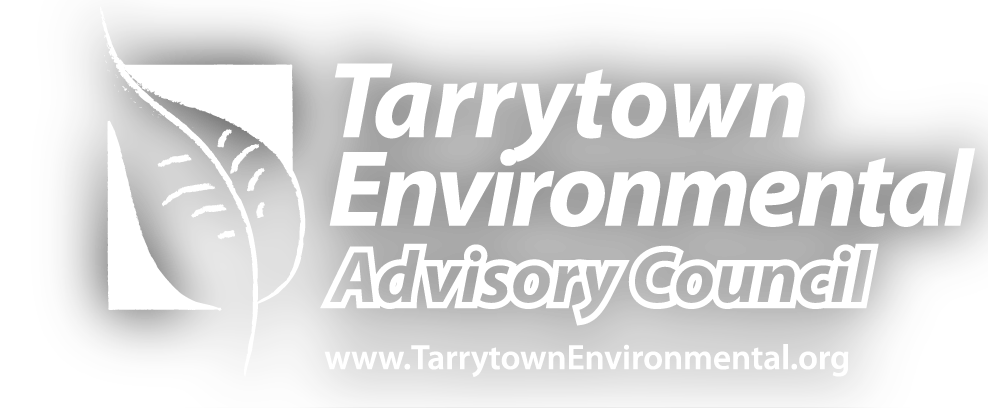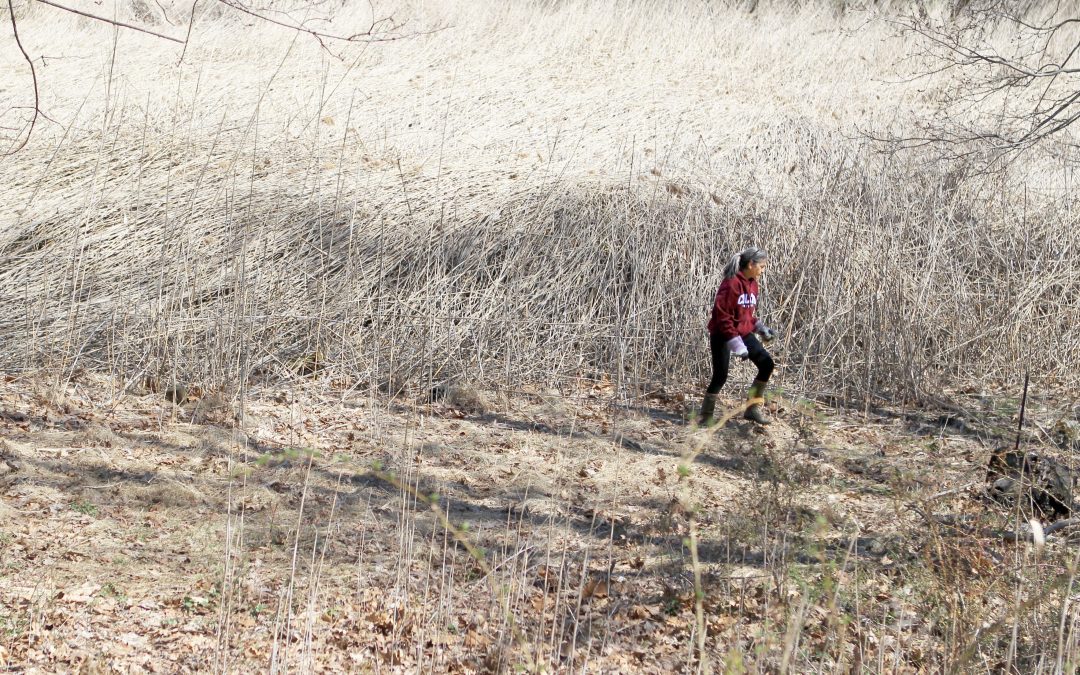Because despair is lonely and useless while climate action is full of friendship, satisfaction, and glee — you get to hang out with people who care as much as you do and act with the same remorseless resolve. Taking action is the only real cure for hopelessness. It feels good, and important, like you’re not wasting your life on small things.
REPRINTED FROM EARTHISLAND JOURNAL
We are old climate veterans who have tried to do our part, in every way we know how, to keep our fossil-fuel addicted civilization from driving off a cliff. Are we tired? Sure. Discouraged? Absolutely. Pissed off? Yep. Sad? Call it broken-hearted. Quitting?
It might be time. Game over, friends and experts tell us. We’re doomed. It’s true that the news about global warming is awful. More and bigger wildfires, great swaths of drought, stronger and wetter hurricanes, floods of all kinds, coastal villages a few storms away from destruction, feedback loops kicking in as methane leaks from melting tundra and heat-absorbing soils replace reflective ice, hundreds of thousands of refugees looking for safety as weather turns cruel. Destructive ways of living are skillfully protected by tangles of profit and power around the globe, and we are running out of time. The IPCC now gives the world twelve years to cut global greenhouse-gas emissions in half, if we are to stop warming at “only” 1.5 degrees Celsius. Don’t think quitting hasn’t crossed our minds.
Last month, on the way from one meeting to another, we stopped along the coast to watch a red sun set through purple clouds. While parents gathered up their families, lingering children stood ankle-deep in pink water, looking out to sea. A flock of gulls flew north. Why do we keep doing this climate work? we asked each other. Maybe to our surprise, answers to the question flooded out, one reason after another.
- Because we are not doomed, as long as we act. A world in which we do everything we can to restrain climate change barely resembles one in which we do nothing. We won’t like the first world, but we might not survive in the second.
- Because I want to be the kind of person who doesn’t give up on important jobs. You don’t do what’s right because you think it might get you something. You do it because it’s right. That’s what integrity is — doing what you believe in, even if it won’t save the world.
- Because I won’t walk away from the hurting world any more than I will walk away from my mother as she grows old and frail and sometimes confused. I love her and owe her and have a duty to her and admire her and enjoy her company.
- Because I promised my newborn children: I will always love you. I will keep you safe. I will give you the world. I didn’t mean, I will give you whatever is left scattered and torn on the table after the great cosmic going-out-of-business sale. I said, I will give you this beautiful, life-sustaining, bird-graced world.
- Because everybody knows what we have to do. It isn’t as though the world is waiting for some technological breakthrough or divine revelation. We just need to stop setting carbon on fire.
- Because climate change is unjust. It threatens the greatest violation of human rights the world has ever seen. But injustice is cowardly and fragile; it crumbles when people stand up for what is right.
- Because we have so much to lose, and so much left to save — everything from birdsong to our own sorry souls.
- Because we don’t want to be free riders, taking advantage of the actions, often sacrifices, of those who step up. If we avoid planetary ruin, if we find better ways to live, it will be because of the courage of those who act.
- Because failing to act is worse than neutral. It’s saying that this climate disruption is no big deal — exactly the message fossil-fuel corporations and complicit governments want to convey. If we don’t respond to the emergency, we become part of the storm itself.
- Because I am wearing my Dad’s rubber boots. They are too big for me, but my own are old and torn. So I am walking in the boots he wore at the edge of all the marshes he defended until the day he died. If you are walking in the shoes of a hero, you can’t exactly turn back.
- Because I can’t and therefore don’t have to solve the whole problem alone. I only have to help where and how I can. So many good people are in this fight with us — in governments around the world, in businesses, in states and towns and neighborhoods and churches. They are smart and experienced and empowered by a vision of a planet redeemed.
- Because I believe, and choose to believe, that in this emergency, as in every emergency, more of us will come out to help each other than will rush in to exploit and loot.
- Because despair is lonely and useless while climate action is full of friendship, satisfaction, and glee — you get to hang out with people who care as much as you do and act with the same remorseless resolve. Taking action is the only real cure for hopelessness. It feels good, and important, like you’re not wasting your life on small things.
We stayed at the beach, mulling over our reasons to stay in the fight, until the stars came out and the breeze came up. Then we walked back to the car on a mossy trail through a tunnel of spruce trees. A Swainson’s thrush sang and would not stop singing, even in the deepest dusk, and that also was a reason. The deep moss was a reason. So were the ancient trees. So were the children standing in the swash. We can’t quit now.
Read Kathleen Dean Moore’s essay “Be the Hummingbird. Be the Bear: A special call to mothers, grandmothers, aunties, godmothers,and all those who love the children,” published in our special issue on women and the environment.

